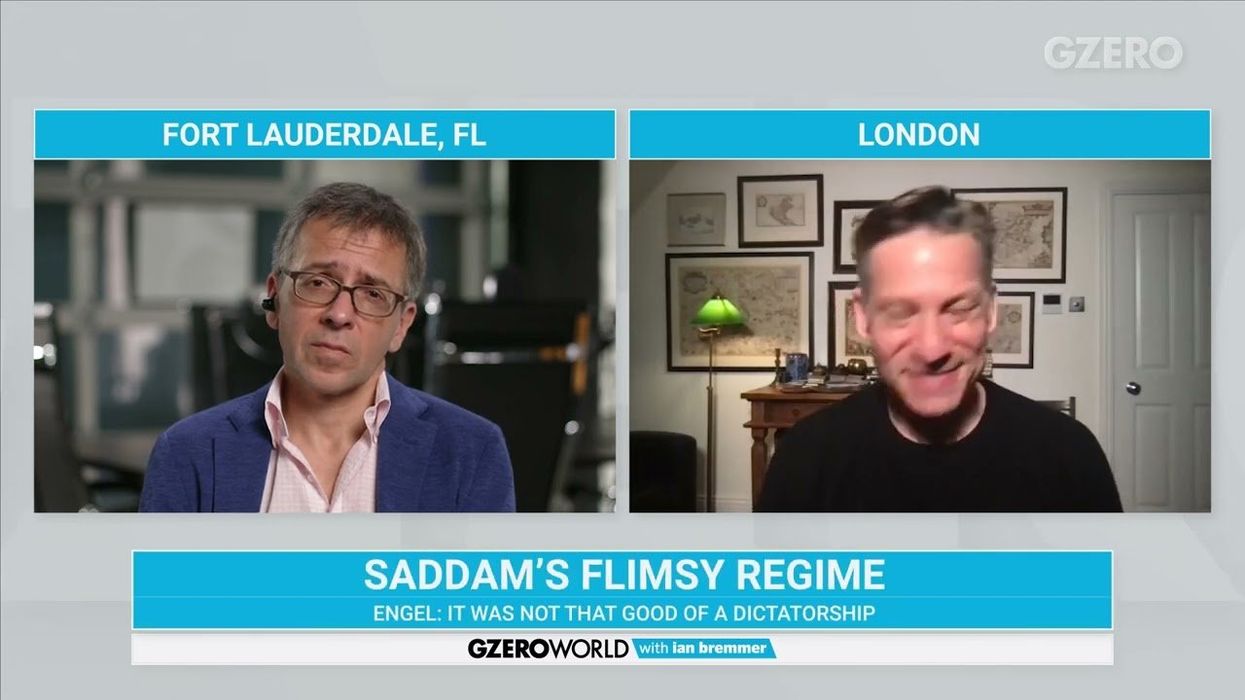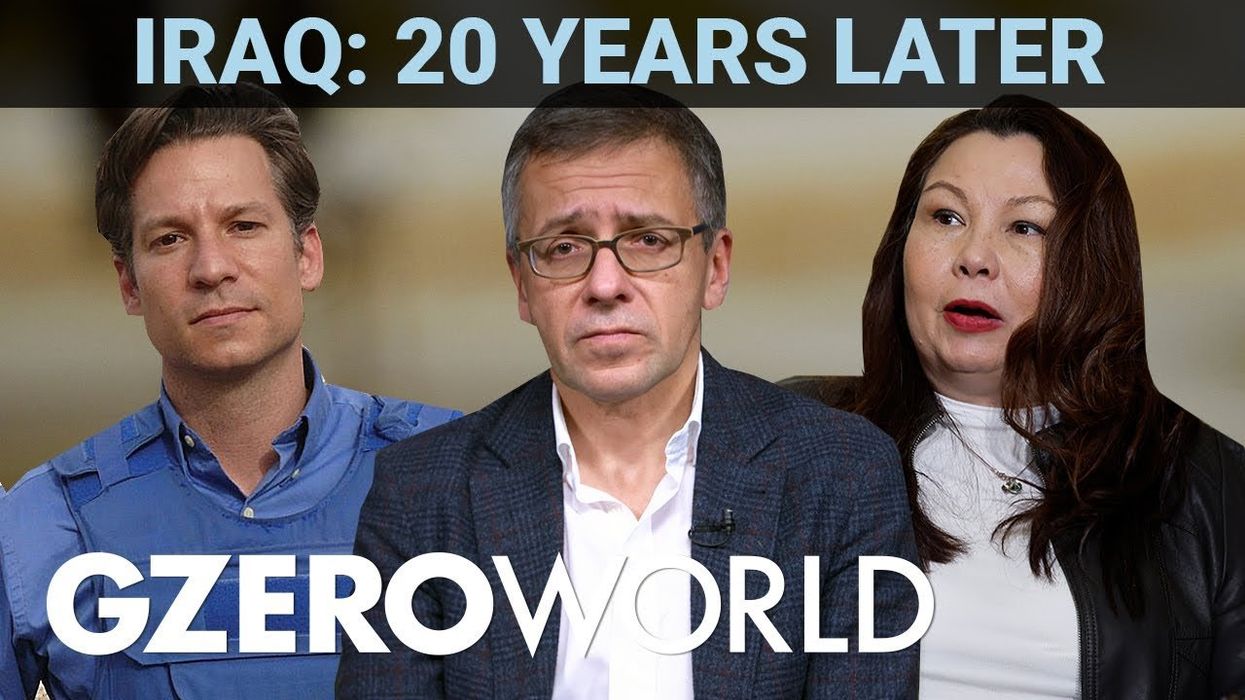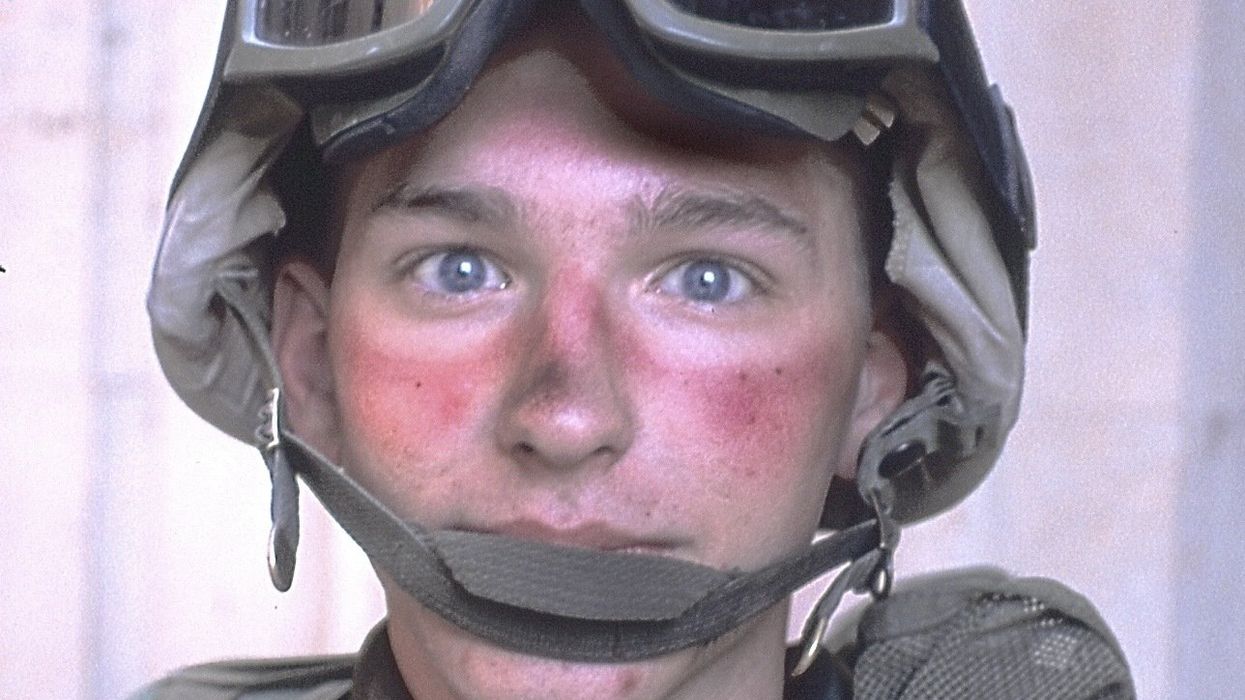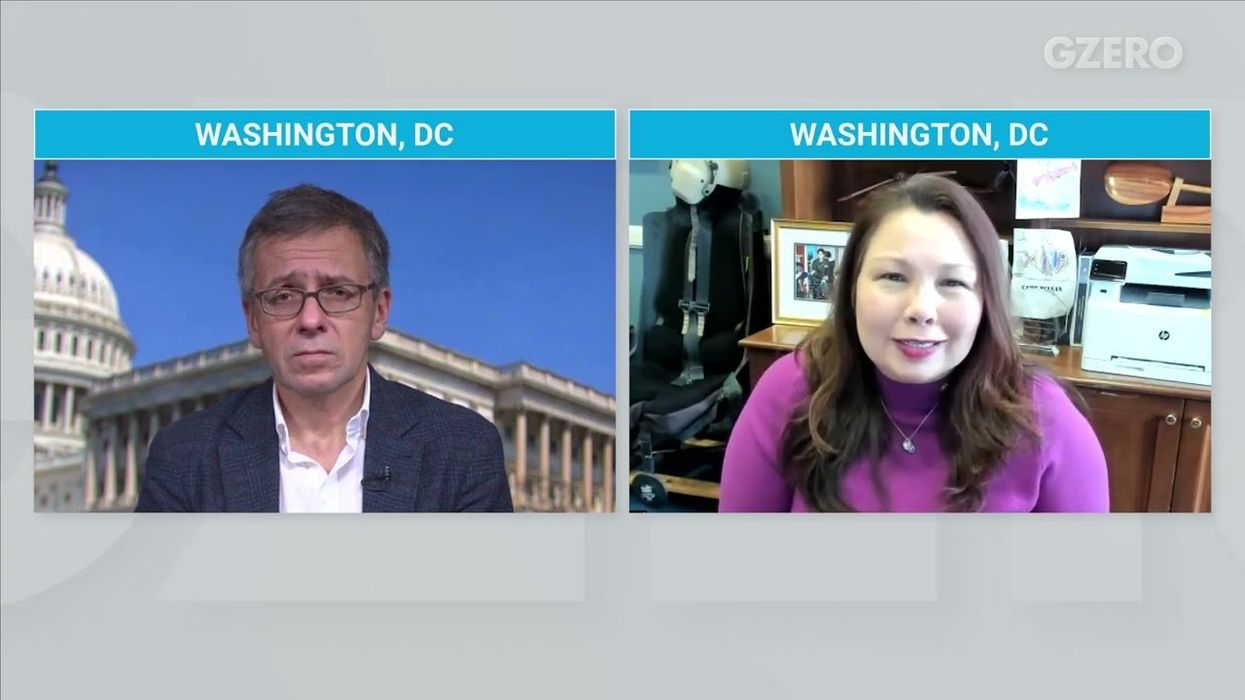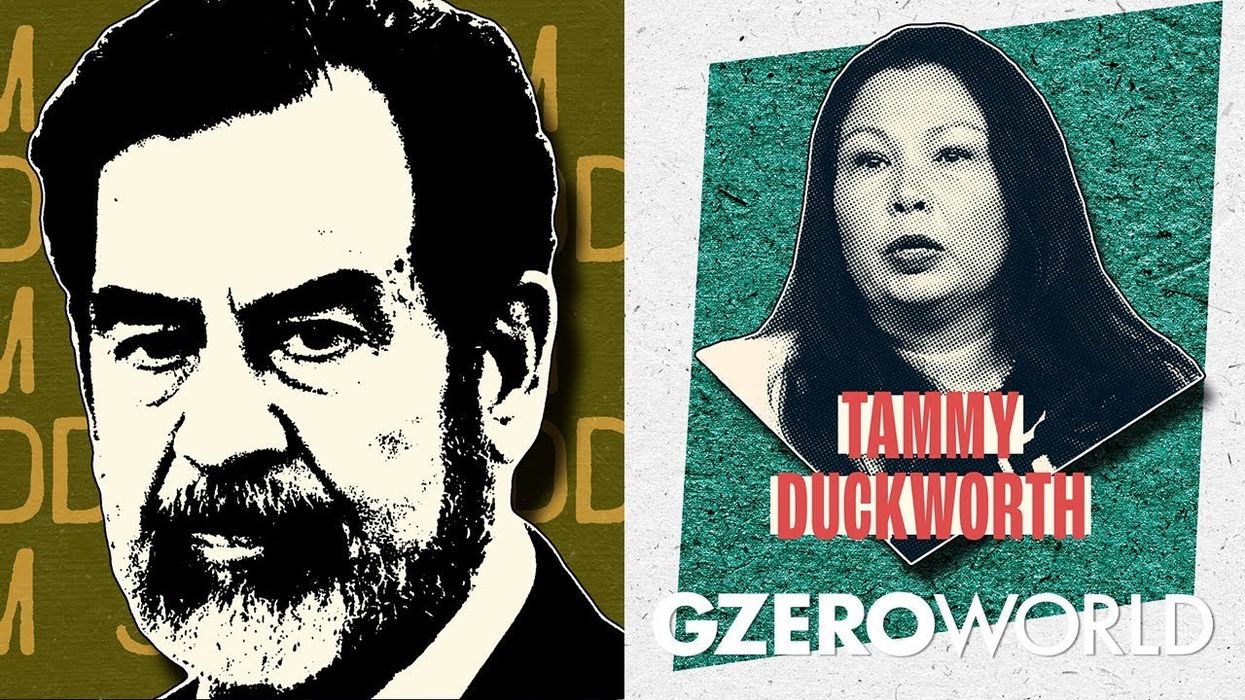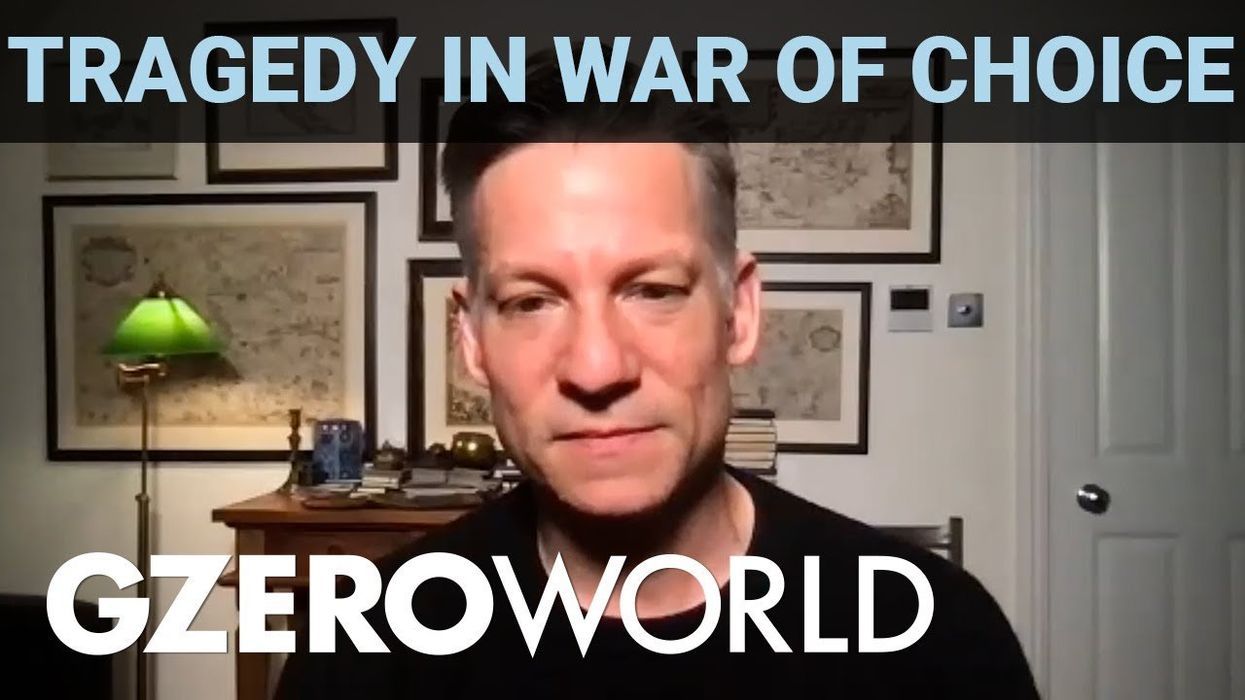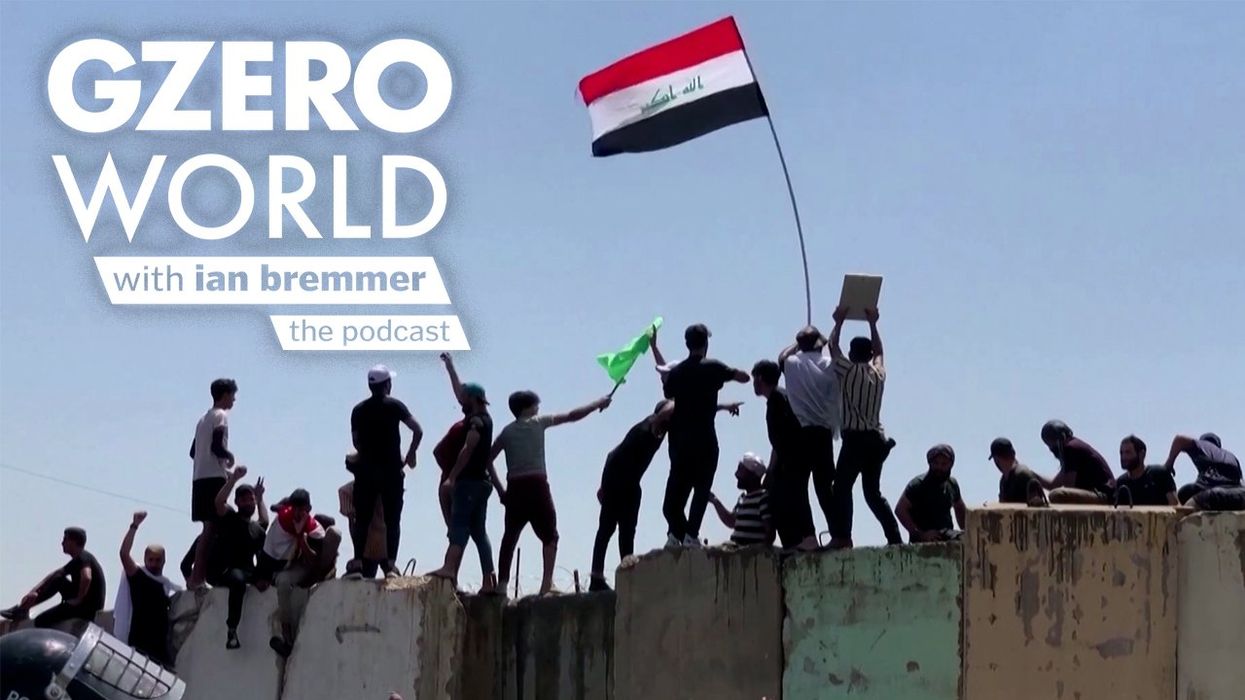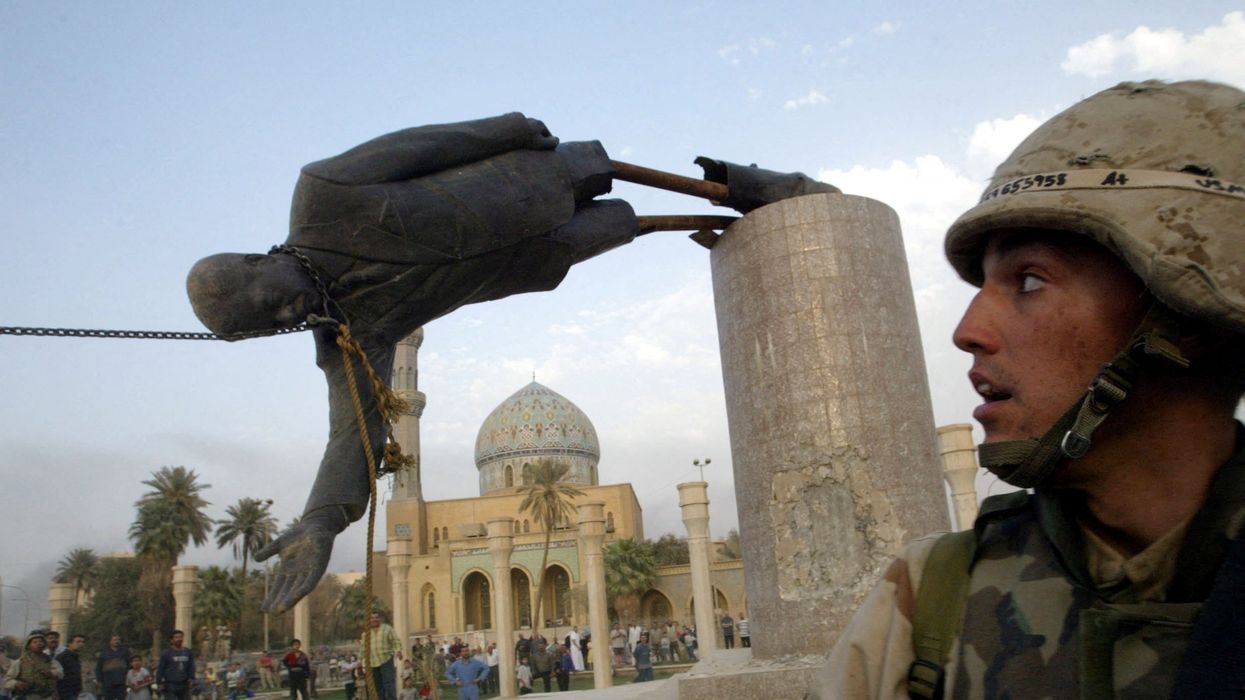GZERO World Clips
Iraq then and now: Reflections from NBC's Richard Engel
As a young freelance journalist, Richard Engel was one of the only US TV journalists to broadcast from Baghdad throughout the US-led invasion of Iraq. On the 20th anniversary of the start of the Iraq War, Engel, NBC's chief foreign correspondent, shares the story of how he ended up reporting on the ground and what he saw after troops arrived.
Mar 20, 2023
